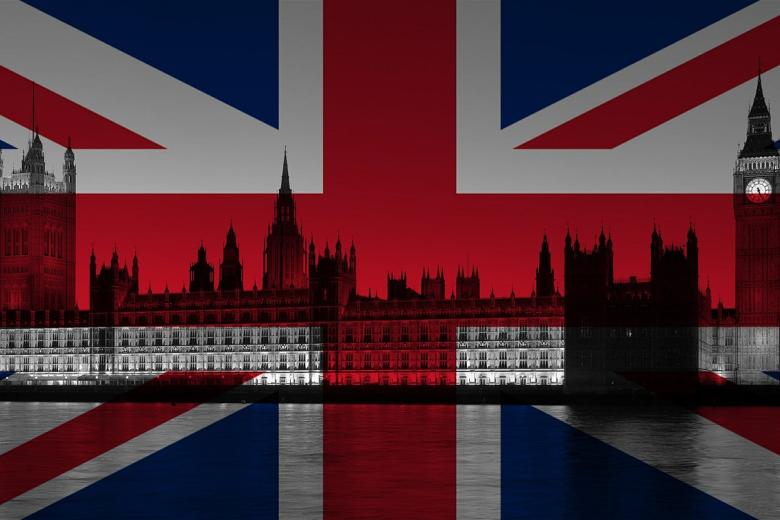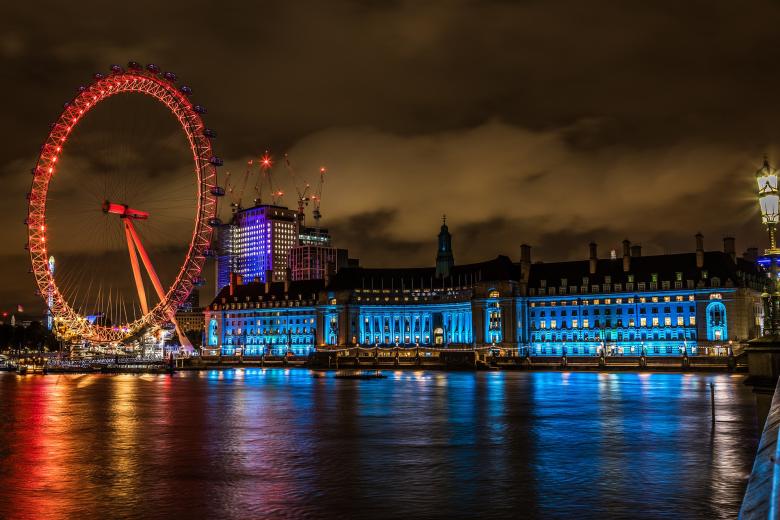Rechtbanken betreden het politieke struikgewas als redding van het parlement
Het VK hooggerechtshof heeft geoordeeld: geen Brexit zonder voorafgaande betrokkenheid van het Parlement! Het wordt vaak gezegd dat rechtbanken het politieke domein mogen betreden als de vertegenwoordiger van het volk en regeringen hun overeenkomstige verantwoordelijkheid zouden moeten belichamen. (Engelstalige blog)
However, in light of quite a few court rulings in recent years this statement is evidently false. Indeed, courts may also be seen as strengthening the powers of parliaments and parliaments ought to appreciate this welcome ally in their struggle to hold the executive powers accountable and to exercise due scrutiny.
The most recent examples are the November 3rd, 2016 High Court and the January 24th, 2017 Supreme Court judgments in the UK, ruling that indeed parliament must be involved in any art. 50 TEU Brexit decisions. Other examples are to be found in case law of the German constitutional court pertaining to among others the ratification of the ESM treaties and the development of a German statute laying down the rules and powers of parliament when it comes to EU matters. The ESM decision even led to changes in the ESM treaty making it possible for the German government to involve the Bundestag in each and every case of ESM aid to be paid out to a member state. These decisions have in common that they alert and empower the national parliament, that apparently was not in a position or not willing to enforce its role as ultimate political body and lawmaker, to which the executive must be held accountable.
This line of case law sits well in parliamentary systems in which it could be argued that parliamentary control has suffered under the necessity to support its government in power (and which thereby is also controlled by the government in power and the accompanying majority), also taking into account the increasing powers of executives under trends of globalization, Europeanisation and transfers of powers to the EU level. When parliaments are not able, because of its majority link to the executive, to hold a government not only in power but also accountable, and to assert its proper role of legislative and representative body which has to take the essential and fundamental decisions of and for a nation, it is good that courts have stepped in and remind the parliaments of their duties and roles. It could be said that courts have come to the rescue of democracy and of the parliamentary system of government. This is a strong argument for judicial review and also for its democratic underpinnings, and furthermore for the belief that judicial review, also because the high esteem of the courts in many societies, assists in the legitimacy of our parliamentary system, constitutional system and state powers. The High Court has been accused of being undemocratic and stealing the referendum result from the people. However, I believe the High Court and the Supreme Court have done what courts must do: abide by the constitutional rules and these are that parliaments must do what they are supposed to do and to hold them accountable for following constitutional rules; and to discipline a government when a government is set on a course to not consult parliament or not to use the legislative process to take important decisions concerning citizens’ rights. The Supreme Court came to the rescue of the UK parliament and its democratic and constitutional rights, and to the UK constitution and its procedures and citizens’ rights.
This is a slightly updated version of a blog that appeared earlier on Law Blogs Maastricht.
Published on Law Blogs Maastricht
-
Niet van A naar Beter, maar van Alexander, naar Boris, naar Calamity
Een levende cursus constitutioneel recht en tevens een Shakespeareaans drama of Griekse tragedie. Dat is het schouwspel in het Verenigd (of: Verdeeld) Koninkrijk.

-
De Brexit story: scenario voor een mooie serie?
En zo heeft Theresa May weer een fase in het Brexit proces overleefd: een door minimaal 48 leden van haar eigen fractie aangevraagde interne en geheime stemming over haar aanblijven als partijleider en dus ook als premier, overleefde ze op 12 december met 200 tegen 117 stemmen.

-
Brexit: fantastisch voor juristen en waarnemers van het politieke bedrijf
Maar is de Brexit ook goed voor het VK, de EU, of het aanzien van de politiek? Lees meer over een nieuwe fase met vier unieke ontwikkelingen.
